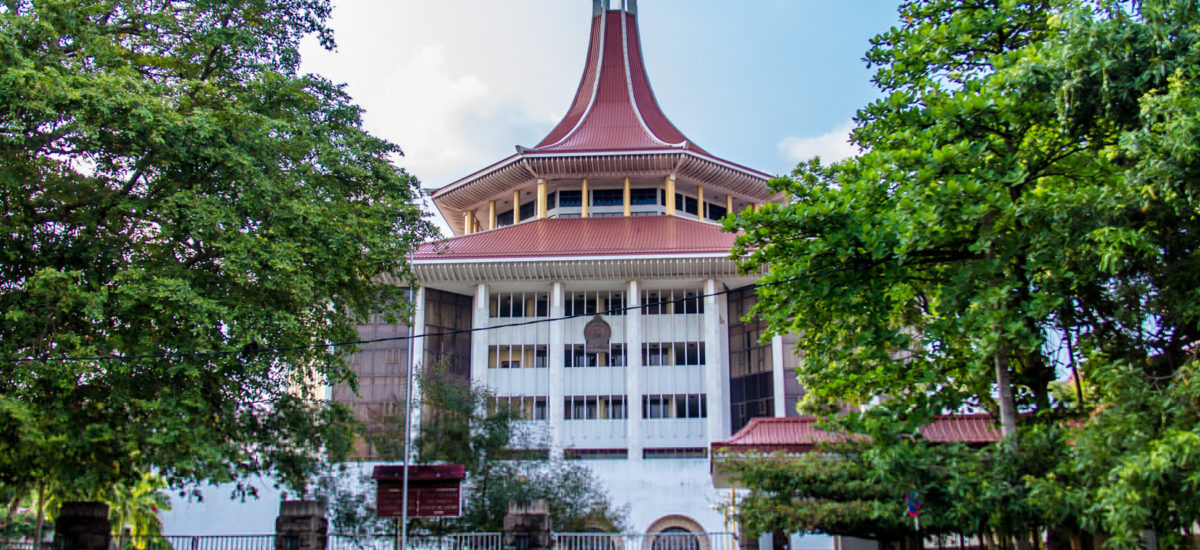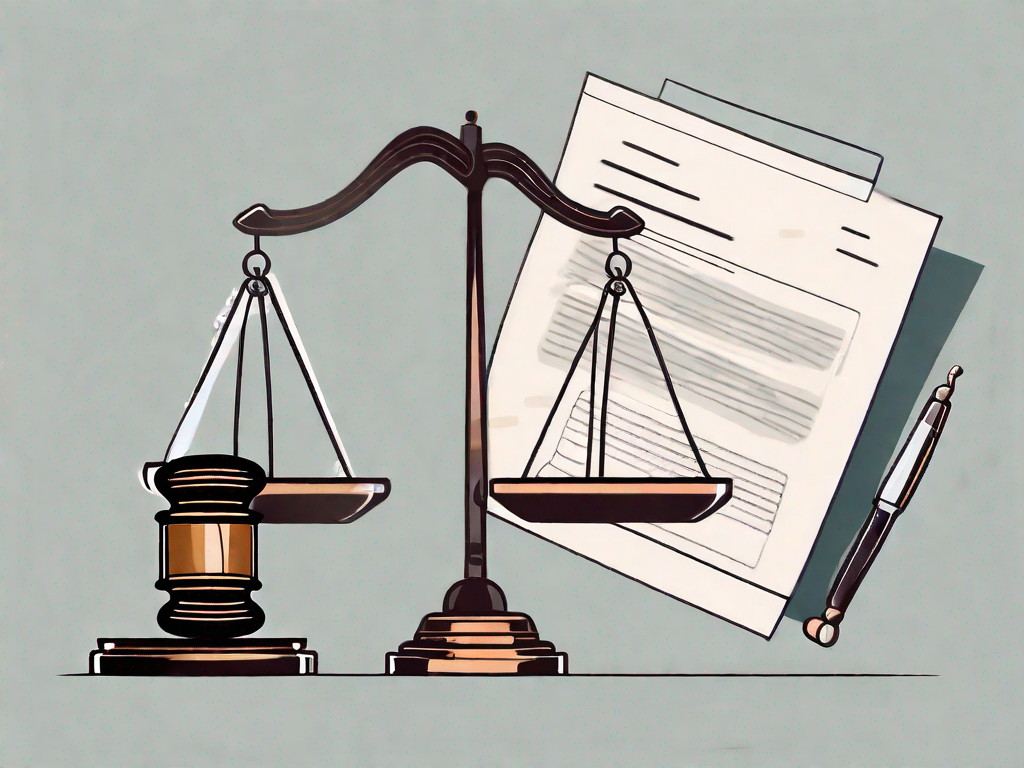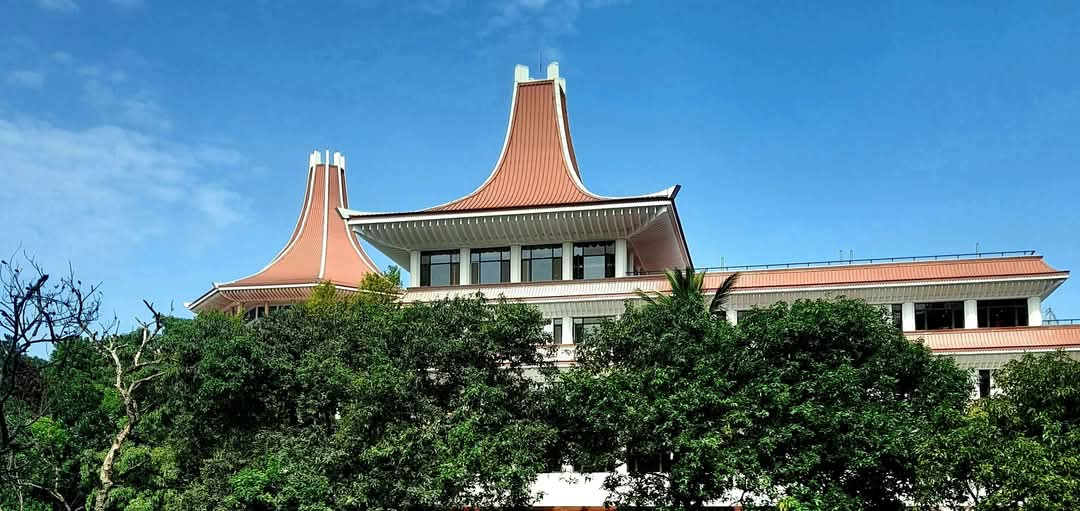Restitutio in Integrum Survives
CA Overturns Partition Decree for Fraud

The Court of Appeal recently overturned a partition decree under the principle of restitutio in integrum, finding that the judgment had been obtained through fraudulent actions. The Court determined that the petitioner’s rights in the land, including her house, had been unjustly denied due to deliberate omissions and misrepresentations by the plaintiff-respondents.
The Court of Appeal found that the plaintiff-respondents had deliberately refrained from including the petitioner as a party to the partition action, in violation of the provisions of the Partition Law. The Court highlighted that the petitioner’s deed, which established her rights to the land, had been registered in the same folio as two other deeds referred to in the plaint. Despite this, the petitioner was intentionally omitted from the action, and critical information was suppressed. Additionally, the plaintiffs failed to submit a pedigree, which is required under Section 4 of the Partition Law, in order to conceal material defects in the devolution of title.
“….Had the plaintiff filed a sketch of the pedigree, which is a mandatory requirement under section 4, while the plaintiff was giving evidence, the Learned District Judge could have easily followed the evidence and the making of documents. At the same time, if the pedigree were there,the District Judge would have easily detected the omissions in the devolution of title. The plaintiffs have omitted to file a statement of pedigree in order to avoid detection of the material suppressions done by him from the Learned District Judge. This is why the omission to file the statement of pedigree is significant…..”
“…If summarized the fraudulent acts, the plaintiffs deliberately refrained from making the petitioner a party to the action, violating the provisions of s. 4 and 5 of the Law. As demonstrated above, the plaintiffs purposely omitted to append a pedigree to the plaint, violating the provisions of s. 4(d) of the Law. The Attorney-at-Law for the plaintiffs made a false declaration violating the provisions of s.12 of the Law. The plaintiff, in his evidence, deliberately suppressed the deed on which the petitioner claimed rights. Furthermore the petitioner’s house was included in the lot allocated to the plaintiffs….” – Justice R. Gurusinghe
Restitutio in Integrum Survives
The Court of Appeal further held in this case that the principle of restitutio in integrum survived under the current legal framework, emphasizing its role in correcting miscarriages of justice. The Court affirmed that it retained the jurisdiction to exercise revisionary powers where judgments have been obtained through fraud or material omissions. Citing previous case law, the Court reinforced that fraudulent actions vitiate all proceedings, and that it would not hesitate to use its powers to rectify errors and ensure that justice is properly administered.
“…Section 48(3) of the Partition Law states that; 3) The interlocutory decree and the final decree of partition entered in a partition action shall have the final and conclusive………… The powers of the Court of Appeal by way of revision and restitution in integrum shall not be affected by the provisions of this subsection. Accordingly, although sub-section 3 of the above stipulates that the decrees under the Partition Law are final and conclusive, as for the proviso itself, the Court of Appeal can exercise its powers of revision and restitution in integrum to set aside partition decrees when it is found that the partition decree has been obtained through fraudulent means….”
“….In the case of Piyasena Perera v. Margret Perera [1984] 1 SRI LR 57 H. A G. de Silva, J, and G. P. S. de Silva, J. held as follows: “The Supreme Court in the unreported case of R. A. Somawathie v. Soma Madawelta nee Deiwatta has, after a comprehensive review of all the existing authorities on the relevant provisions in the Partition Act, No. 16 of 1951, the Administration of Justice (Amendment) Law, No. 25 of 1975, and the current Partition Law, No. 21 of 1977 held that “the powers of revision and Restitutioin-Integrum have survived all the legislation that have been enacted up to date. These are extraordinary powers and will be exercised only in a fit case to avert a miscarriage of justice. The immunity given to partition decrees from being assailed on the ground of omissions and defects of procedure as now broadly Refined, or the failure to make ‘persons concerned’ parties to the action should not be interpreted as a licence to flout the provisions of the Partition Law. The Court will not hesitate to use its revisionary power to give relief where a miscarriage of justice has occurred” – Justice R. Gurusinghe
Attorney’s False Declaration to Court Under Sec 12(1) of Partition Law
In this case, the Court also found that the Attorney-at-Law for the plaintiffs had failed to comply with the requirements of Section 12(1) of the Partition Law. The Attorney-at-Law had certified to the Court that the land registry records had been personally inspected, but the petitioner was not included as a party in the action. The Court determined that the Attorney-at-Law either failed to inspect the register properly or intentionally supported the fraudulent scheme of the plaintiffs by filing a false declaration. As a result, the declaration made under Section 12(1) was deemed to be invalid.
“…It is imperative to follow the provisions contained in section 12 (1). The Attorney-at-Law who made the declaration under section 12 failed to declare that the petitioner should be made a party or amend the plaint to include the deed no. 258 by which the petitioner claimed rights. The significance of this omission is that the other two deeds, which were referred to in the plaint and evidence, are registered in the same folio immediately before and after the deed, on which the petitioner claims the rights was registered. When the Attorney-at-Law looked at that folio, he could not have missed the petitioner’s deed, while not missing the two deeds registered on the same folio on the above line and the line below. The Attorney-at-Law who filed the declaration under section12 has either not inspected the registers at the Land Registry and falsely certified to the court that he had personally inspected the Registers or intentionally supported the fraudulent scheme of the plaintiff-respondent by certifying the declaration to the Court. Either way, the declaration under section 12 is a false declaration. There is no reference to the declaration in the journal entries….” – Justice Gurusinghe
It is settled law that fraud vitiates all proceedings and a judgment obtained by fraud cannot stand, “fraud is not a thing that can stand even when robed in a judgment” (Suppramaniam et al Vs. Erampakuraiukal et al (at 438).23 NLR 417
Case No: Case No: RII/0012/2021 [ Decided on 21.11.2024]
Before : R. Gurusinghe J & M.C.B.S. Morais J







